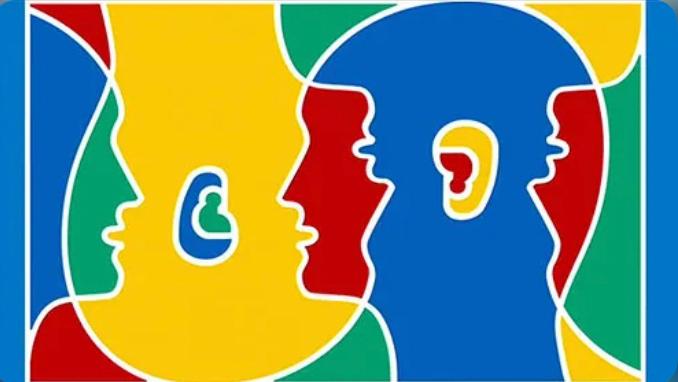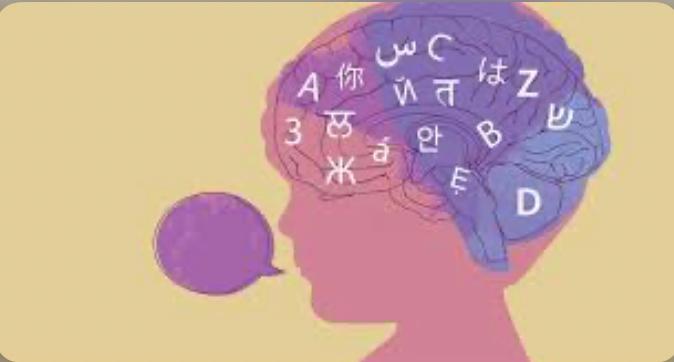By Polina Pallieraki,
Language learning is the tutoring of one or more foreign languages in parallel with the learning of a person’s mother tongue. In the past it was the property of a few people, while nowadays it is something common. Many people argue that language learning is essential nowadays, while others argue that its excessive use causes side effects to the detriment of our mother tongue. Opinions differ. But what is its value and what side effects does it cause?
According to the scientists, this ability of bilingual or multilingual people has practical benefits in everyday life. By learning foreign languages, we can achieve a better professional future in our lives and improve our professional careers. In addition, internationalization, globalization and interaction with the cultures of other peoples and of course travel are natural and next! This is how people form better cooperation and understanding between people. Finally, comprehensive information, the spread and greater use of the Internet, but also a better understanding of our mother language are important benefits resulting from language learning.

On the other hand, excessive zeal for learning foreign languages can have negative consequences on our mother language. Most common disadvantages that research has shown are: mimicry, linguistic alienation, invasion of foreign language neologisms, departure from tradition.
This consequence leads to the excessive use of foreign languages and then to the incorrect use of the mother tongue. In this way, we are led to the discrediting of national culture and the creation of a kind of xenomania.
Linguistics provide knowledge about the history and culture of a foreign country. Especially young people, who are destined to study abroad, attach great importance to language learning. In this way, however, gaps are created in the courses taught in their mother language. Thus the emphasis is placed elsewhere and young people do not acquire a global knowledge regarding the history of their country.

Taking everything into consideration, it is obvious that language learning is an indispensable resource for our life. At the same time, however, this phenomenon in its extreme form carries risks and can cause problems in learning our mother language. Therefore, learning foreign languages should follow a good knowledge of our mother language, but at the same time it should not be neglected because of xenophobia. In a few words, the linguistics in question to be maintained at correct levels must have some prerequisites. These are:
- Good maternal knowledge,
- Will and interest,
- Suitable teachers
- Good financial condition
- Appropriate material and sources
- Wider cultivation
- Spiritual concerns
References
- Θέμα: Γλωσσομάθεια. vlioras.gr. Available here
-
Πολύγλωσσος από κούνια. beconscious.gr. Available here




